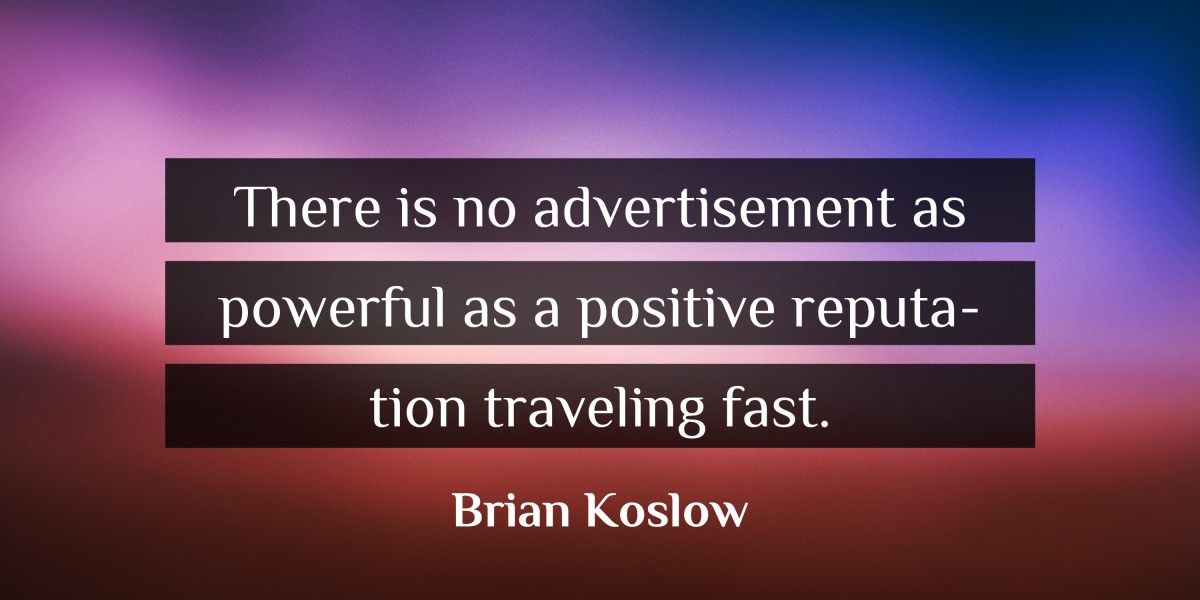As the digital age continues to evolve, the role of Types of major sites has turn into increasingly significant across varied sectors. Platforms corresponding to WithVegas provide important insights into these classes, serving to users navigate the digital world effectively. From e-commerce to social media, understanding these sites can inform higher user experiences and safer online interactions.
The importance of distinguishing between Types of major sites can't be understated, 라이브바카라 particularly contemplating their social impacts and the developments governing user behavior. For occasion, a report by Statista indicates that over 4.5 billion people are lively internet customers globally, creating a substantial marketplace for numerous online providers. As customers engage with numerous platforms, the understanding of what constitutes a reputable site has never been extra crucial.
1. E-Commerce Sites: Powering On-line Shopping
E-commerce sites have revolutionized how consumers store, offering a platform for companies to succeed in prospects immediately. Main examples embrace Amazon, eBay, and Alibaba, all of which generate significant revenue by way of on-line retail. In Accordance to eMarketer, global e-commerce gross sales reached $4.28 trillion in 2020, underlining the dominance of these platforms within the market.
The user experience on e-commerce sites is a crucial side to contemplate, as it could affect shopping for selections. Options like advanced search filters, buyer reviews, and personalized recommendations are crucial. By employing robust site verification methods, these platforms make certain that customers feel safe making purchases, lowering transaction-related anxiety.
2. Academic Sites: Studying at Your Fingertips
Educational platforms like Coursera, Khan Academy, and Udemy highlight the democratization of knowledge by way of on-line learning. They provide a large spectrum of programs, catering to learners of all ages and backgrounds. According to a report by ResearchAndMarkets, the worldwide e-learning market is anticipated to exceed $375 billion by 2026, demonstrating the growing demand for accessible schooling.
These instructional sites typically combine user-friendly features, together with video lectures, interactive quizzes, and forum discussions. Moreover, adherence to established user safety policies ensures that learners are shielded from scams and phishing makes an attempt, emphasizing the need of site verification in the on-line education landscape.
3. Social Media Platforms: Connecting the World
Social media platforms corresponding to Fb, Instagram, and Twitter serve as the spine of digital communication today. With billions of customers globally, they play important roles in shaping opinions and fostering connections. Current statistics present that over 3.6 billion individuals were using social media in 2020, a determine projected to increase to nearly four.41 billion by 2025.
While these platforms thrive on engagement and user-generated content material, challenges similar to privateness issues and misinformation persist. Social media firms employ numerous site verification methods to reinforce user safety, thereby addressing these points and maintaining trust amongst users. The effectiveness of those protocols remains a pivotal side of social media's evolution.
4. Gaming Sites: The Rise of Online Entertainment
Online gaming sites, including Steam, Epic Video Games Retailer, and Twitch, characterize an expansive industry that has captivated tens of millions. As of 2020, information from Newzoo estimated that the worldwide gaming market would generate $159.three billion, reflecting the growing urge for food for online leisure.
Player engagement on these sites is driven by revolutionary game mechanics, community involvement, and live streaming events. Nevertheless, the necessity for responsible playing practices is paramount, particularly with betting actions linked to gaming. Platforms should adhere to strict regulations and ensure transparency by way of efficient user protection policies, safeguarding player interests.
5. Information and Information Sites: The Digital Newsroom
News and knowledge sites corresponding to BBC, CNN, and The Guardian provide well timed updates and important analysis of world events. In 2021, a Pew Research research found that approximately 86% of adults in the us get news from digital gadgets, showcasing the shift in the course of online information consumption.
However, the proliferation of misinformation necessitates that news platforms implement rigorous site verification protocols. Users rely on these sites for credible information, so establishing trust via transparency and accuracy is vital in retaining audience confidence amid competing narratives.
6. Journey and Reserving Sites: Navigating the World
Travel and booking platforms like Expedia, Booking.com, and Airbnb have reworked how individuals plan and e-book their travels. The international online journey market was valued at $567 billion in 2019, and it continues to grow as travel restrictions ease worldwide.
However, the interplay with these platforms goes past simple bookings; they typically incorporate user reviews and comparisons to reinforce the reserving experience. Implementing comprehensive site verification measures is essential in stopping fraud and ensuring customers' safety when making reservations. This fosters a trustworthy setting for travelers, aligning with the crucial emphasis on user protection insurance policies.
In conclusion, the varied landscape of Types of major sites demonstrates the numerous role they play in fashionable society. By utilizing platforms like WithVegas, customers can acquire priceless insights and ensure they interact with verified sites, thereby enhancing their online expertise and promoting safer interactions. Understanding the nuances amongst completely different classes not solely enriches user data but in addition emphasizes the need for accountable practices throughout varied digital domains.








